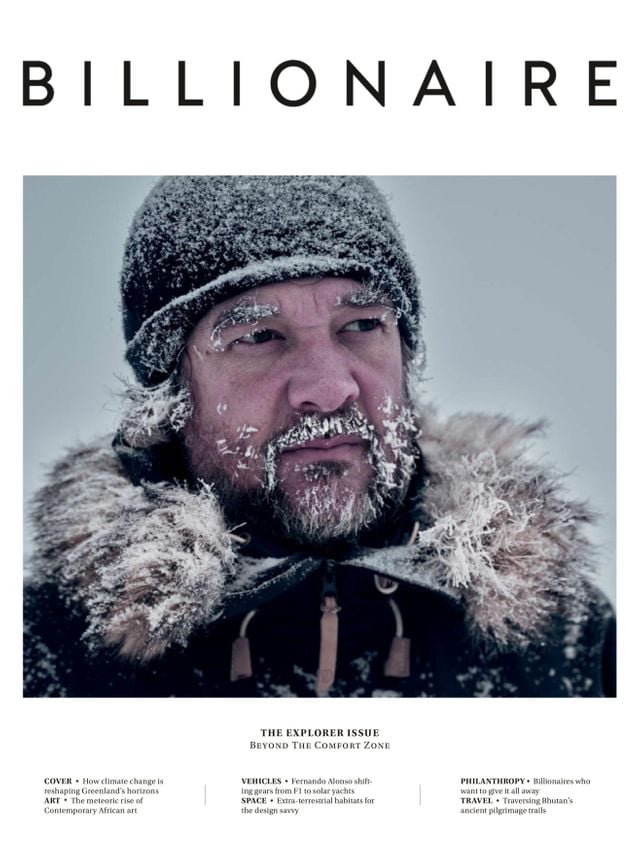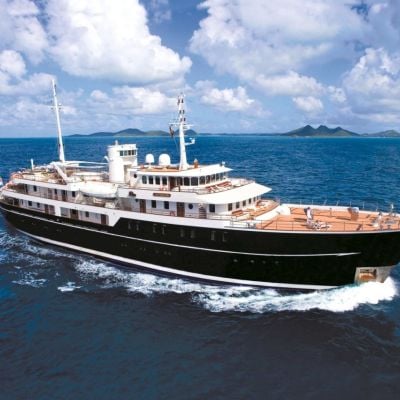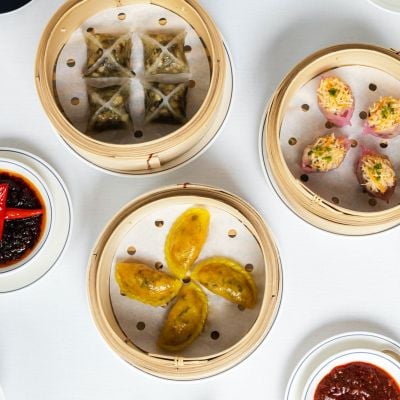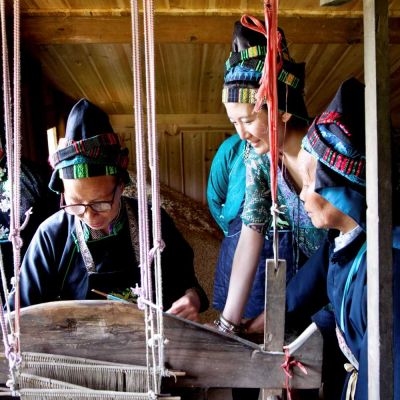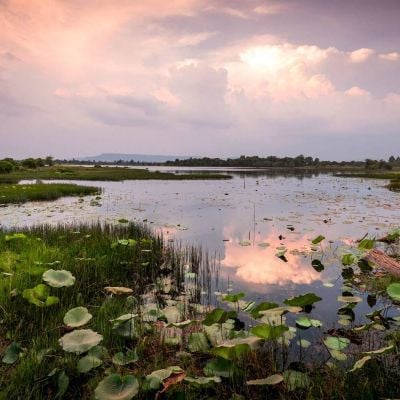Garden of Eden
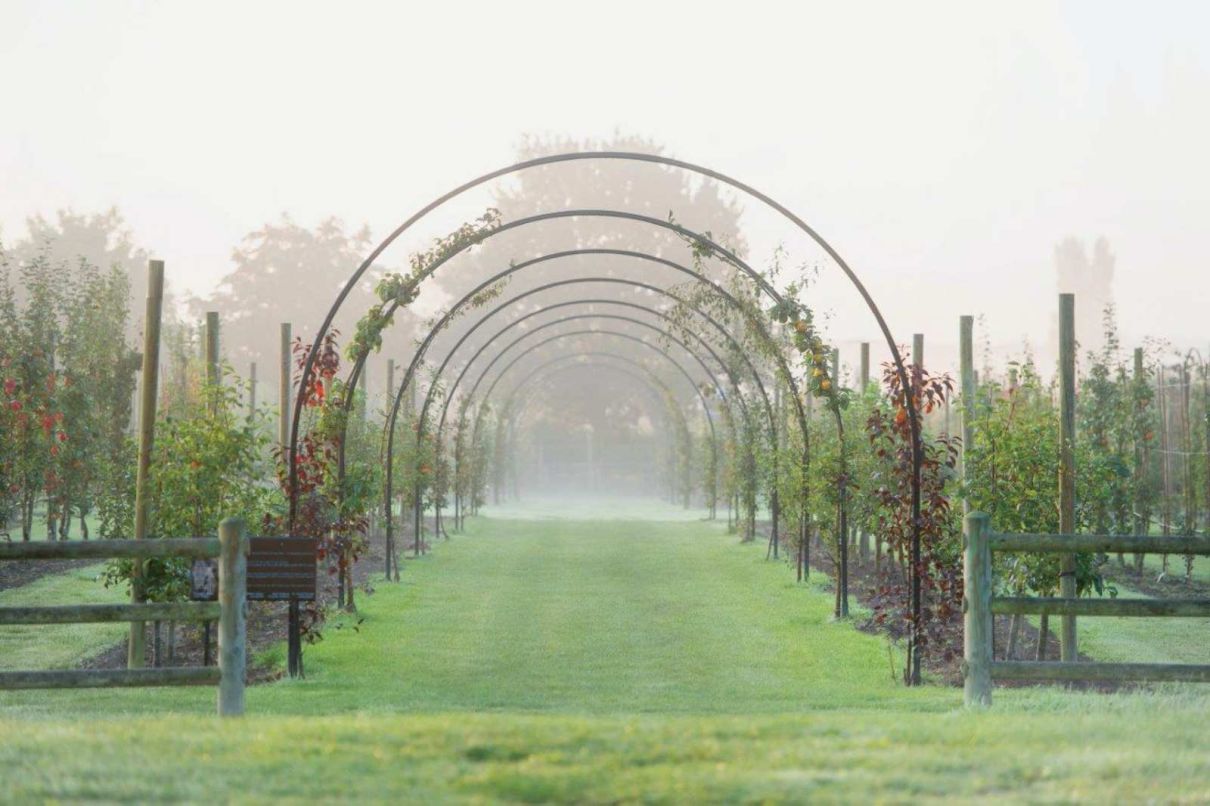
Celebrity chef Raymond Blanc OBE has a unique recipe for success.
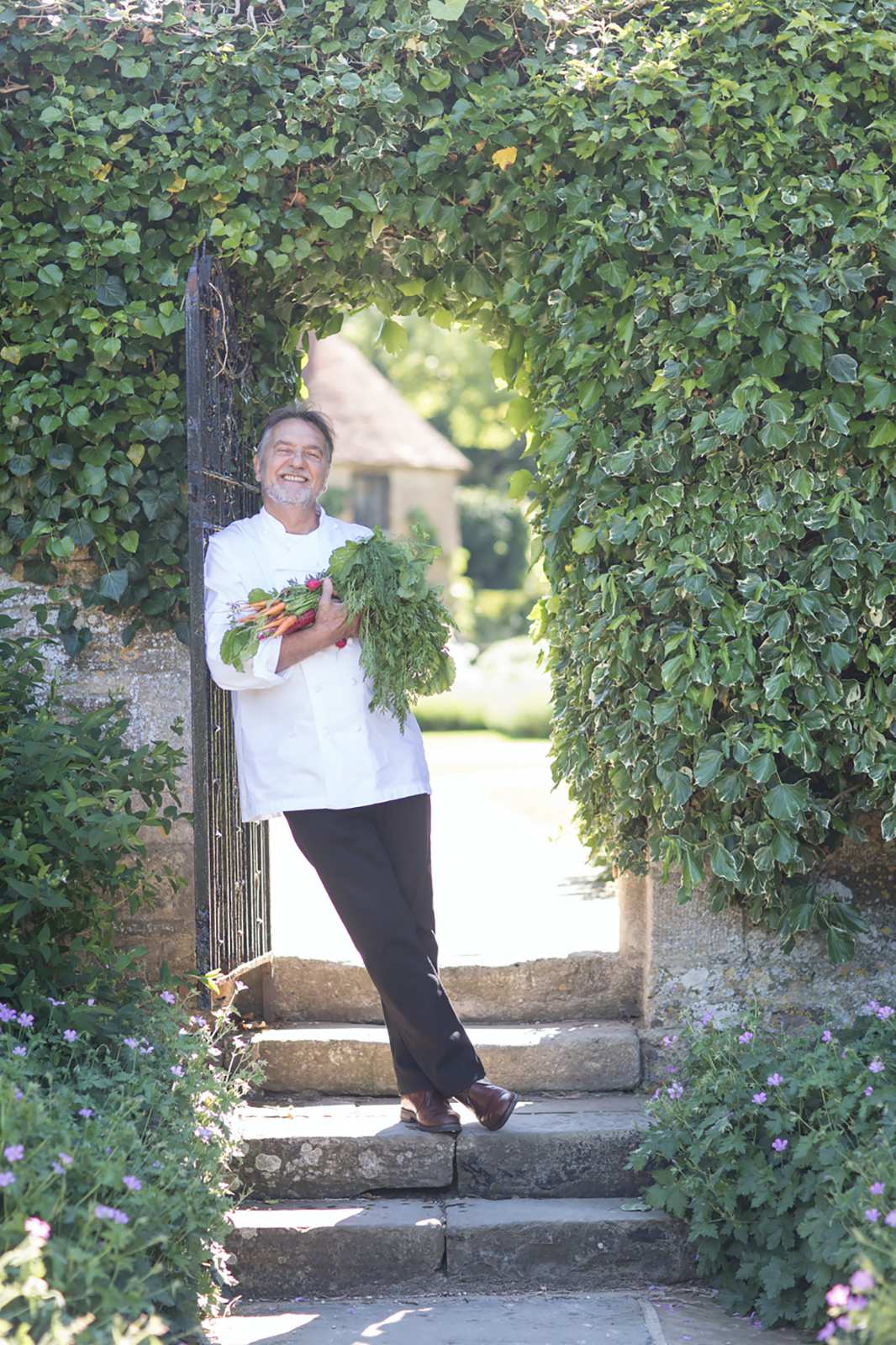
It seems appropriate that the dish that Raymond Blanc OBE is most proud of having created is one of the simplest you could imagine: a tomato essence that brings him back to the dinner table of his childhood.
For the chef patron of Le Manoir aux Quat'Saisons, A Belmond Hotel in Great Milton, Oxfordshire, with its two-Michelin-starred restaurant, says he owes everything to the teachings of his mother, Maman Blanc, who used the local terroir to create wholesome meals, made with love, for her large family.
“Imagine, 20 gorgeous fat home-grown tomatoes, ripening on the windowsill, when they are perfect, you slice them and serve with a simple shallot dressing. When you have a perfectly ripened tomato, home-grown without chemicals, the smell is extraordinary and perfumes the house.”
The part of the salad that forms Blanc’s Madeleine de Proust memory is the juice left in the bottom of the bowl when the fruit was all devoured. Between him and his four siblings growing up “a working-class family”, they would tear hunks of freshly baked bread and mop it all up. “Oh my god, it was heaven,” recalls Blanc. For years, he experimented to recreate the juice and, finally satisfied, he published the recipe on his website, raymondblanc.com, where he says it is now used by some of the world’s most reputed chefs.
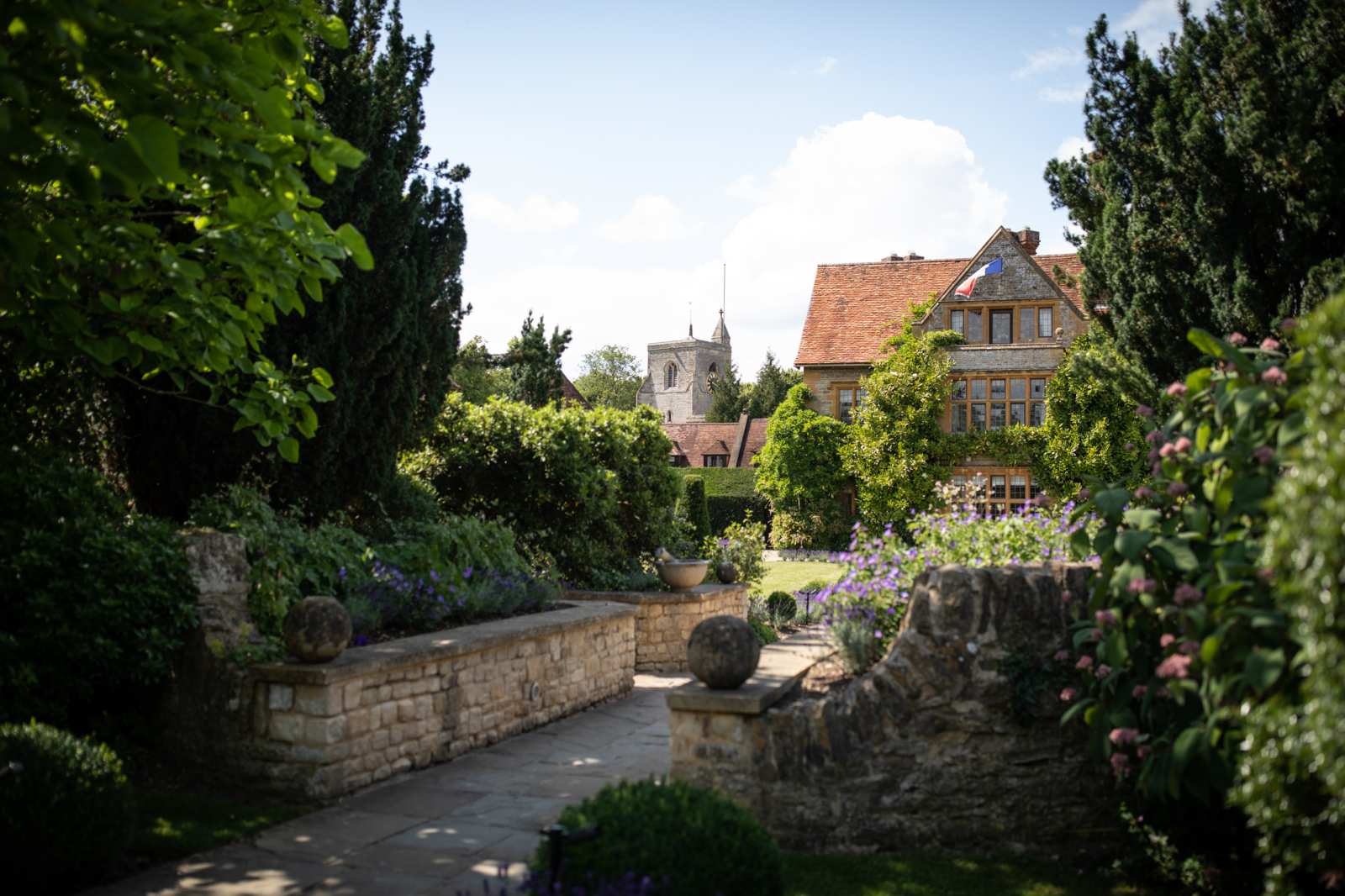
Blanc is dialling in from Le Manoir aux Quat'Saisons, A Belmond Hotel (or just Le Manoir, for those in the know) after a hot summer drive from London. He has been in and out of boardrooms almost as much as kitchens in recent years, following two major deals: one, earlier this year, when the dining chain he founded, Brasserie Bar Co, was sold to a private equity firm Alchemy Partners, for a reported £40 million. Blanc sold his minority stake in the business; the majority stake had been acquired by Soho Square Capital several years before. Then there was the sale of Le Manoir’s owner Belmond, which was acquired by billionaire-owned luxury French conglomerate LVMH, for a reported £2 billion, in December 2018.
“It’s going to be another extraordinary adventure. We’re planning to quadruple the size of Le Manoir,” says the chef. “It will be a reinvention to appeal to a completely international audience, to make coming here one of the leading experiences of the whole world.” Now, at the age of 72, he plans to be deeply involved in the new era, with a strong sense of its original identity. “No one wants more gold; guests want total authenticity.” To understand this identity, one must first understand Blanc.
From a young age Blanc was taught to cook, garden and forage by his parents, but he also had an entrepreneurial streak. Born in Besançon, capital of the Franche-Comté region in eastern France, between Burgundy and the Jura mountains, he grew up in the village of Saône in the house his father built. They lived close to a forest where young Blanc would forage for wild mushrooms. Some, he would give to his mother. The rest, he would sell to whomever gave him the best price at the market. “From the age of 10, I considered myself a very rich young man.”
He also has a nose for opportunity. In the summer of 1972, he arrived in England to work as a waiter at the Rose Revived restaurant in Oxfordshire. When the chef was off sick one day, Blanc stepped up to run the kitchen. It turned out to be his big break.
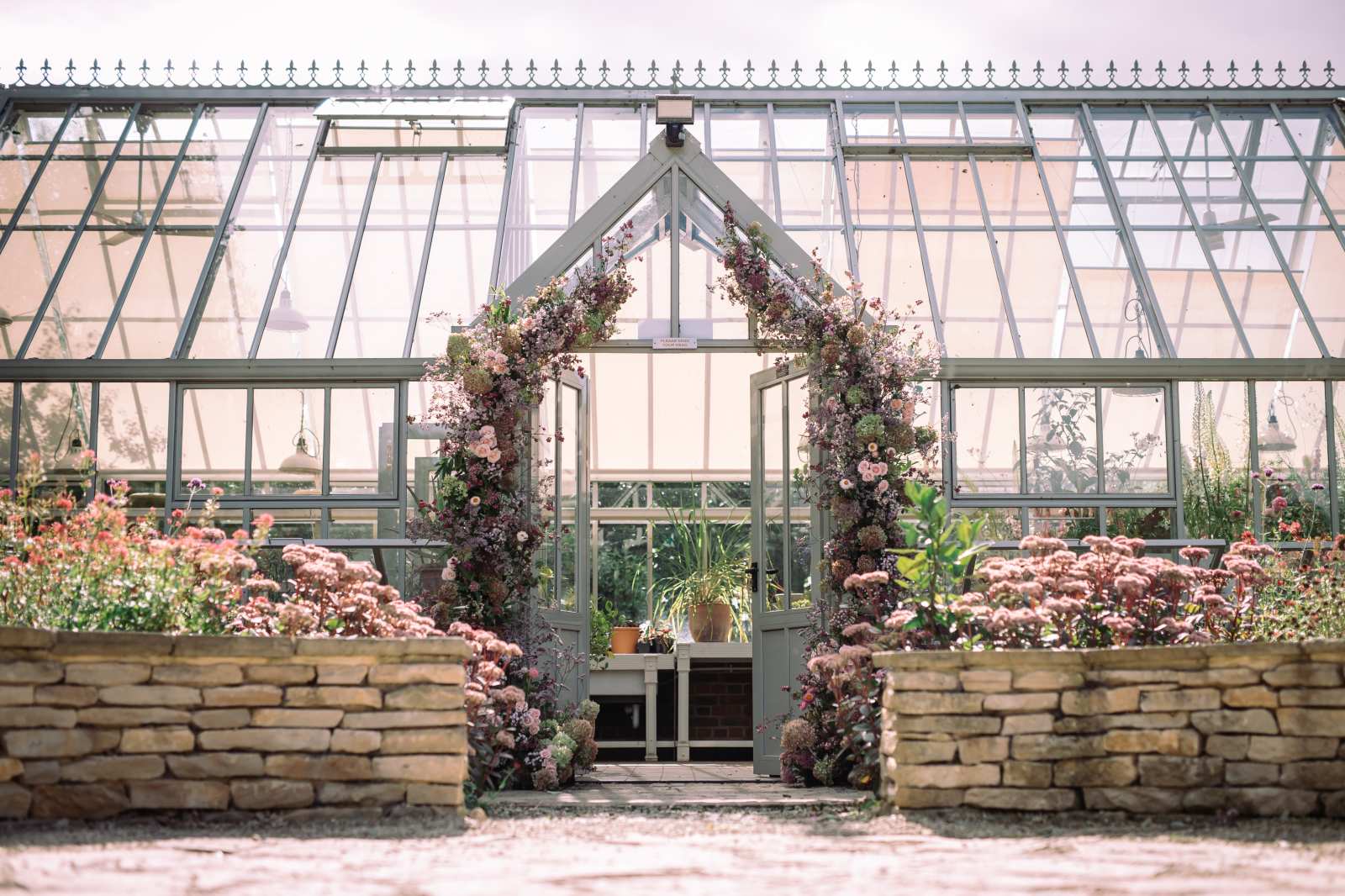
After opening his first successful restaurant in 1977 in Oxford, the opportunity came up to buy a manor house in 1984, which he turned into Le Manoir aux Quat’Saisons. Within a year it would attain two Michelin stars; under Blanc’s stewardship (now chef patron) and that of long-time executive head chef Gary Jones, it has retained them ever since. It is the only UK country house hotel to achieve such a thing.
Blanc attributes the success of his business to his excellent team, and when I meet them during a stay at Le Manoir I can see this is not just Blanc’s characteristic modesty. As we sit down to a nine-course tasting menu in the conservatory, the well-versed staff are only too happy to talk through the details of the red pepper essence that accompanies the spiced Cornish lobster or the blackcurrant meringue whipped up by expert chef pâtissier Benoit Blin. We also have a smug sense of insider knowledge; only this afternoon Mark Peregrine, director of the Raymond Blanc Cookery School, has shown us exactly how to make le pistou, a signature potage of basil and summer vegetables, for ourselves, as well as other culinary wizardry, on a cookery course.
The next morning, head gardener Anne Marie Owens, who has worked at Le Manoir for 37 years, takes us on a guided tour of the magnificent grounds, from the manicured zen Japanese tea garden to the wild beauty of the meadow, where they teach barbecue courses in the summer months. It becomes clear the gardens, all 11 of them, really are the centre of the universe as far as Le Manoir is concerned. They are the first port of call when Blanc and Jones are deciding what to put on the diners’ plates. “My garden is a canvas on which I grow my food,” says Blanc firmly.
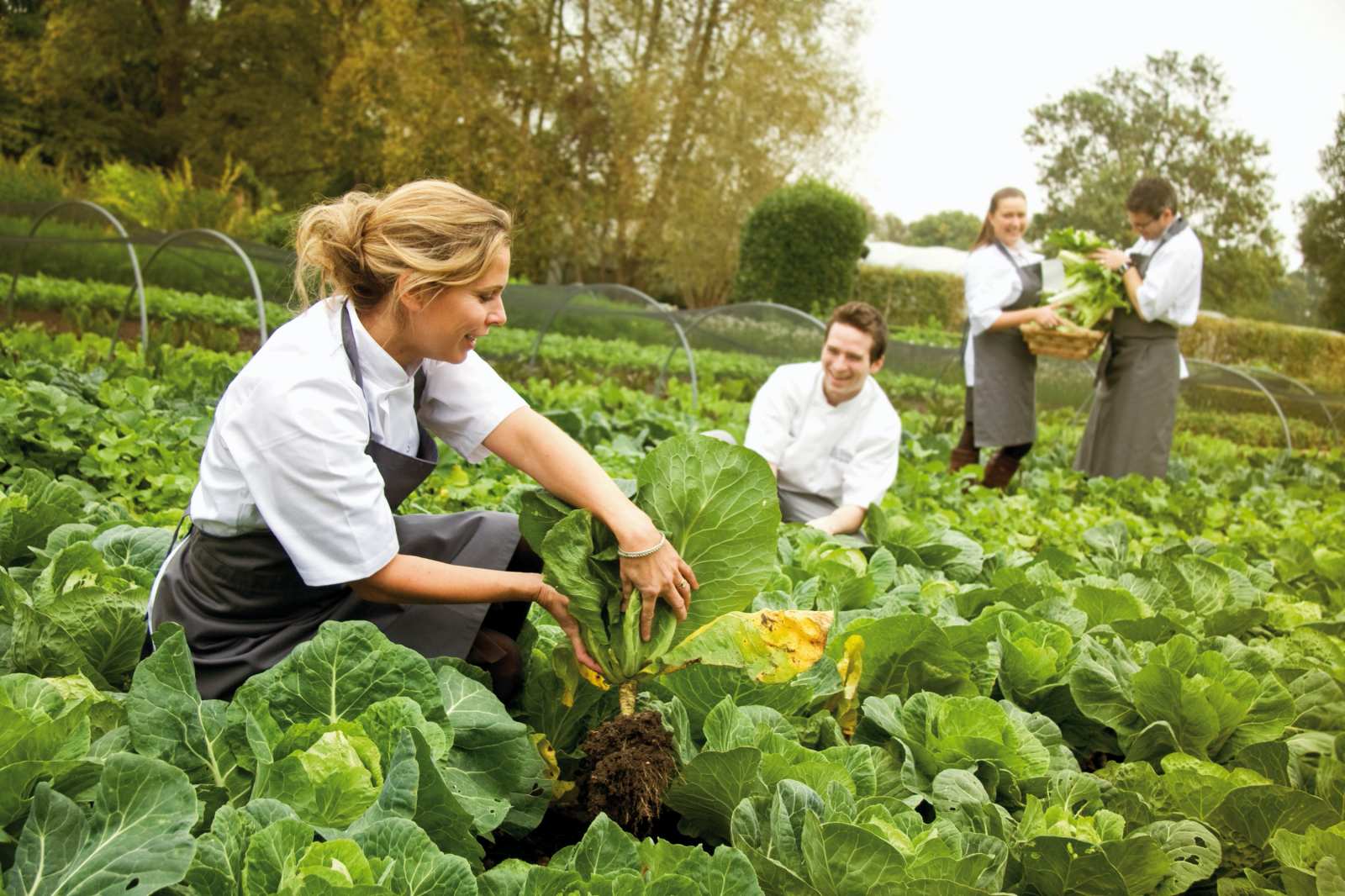
Owens recalls: “When I first met him, he said to me, ‘taste this carrot,’ and I thought, ‘he’s on the barking side’. But then you understand he is simply a micro-idiot perfectionist.” We stroll along the rows upon rows of fruit and vegetables and she points out 40 different varieties of carrots and 104 different varieties of French and English apples. “Apples are not just apples to Raymond,” she says, explaining how he has trialled them all to figure out the ideal variety for each dish. The perfect apple for an apple charlotte is different to the perfect apple for a tarte tatin; the perfect apple for an apple soufflé, or the perfect apple for the deliciously crisp juice we are later given in a departure goodie bag to allow us to continue our gluttony on the drive home.
The research that goes on behind the scenes is daunting, but there is more. Entering the next era, Blanc is far from slowing down. “I like to think 10 years ahead on projects,” he says. Owens points out a neighbouring field. “That’s where the vineyards will be, and that will be the spa, over there will be a bistro.” A focus on fine art and sculptures and an art school is also on the cards, along with more environmental educational projects such as seed banking, and another 12 suites in addition to the current 32.
The pandemic temporarily stymied plans (not to mention Blanc himself being hospitalised for a month with a severe case of COVID) but, now, the wheels are turning for a number of initiatives that have come from Blanc’s unique brain.
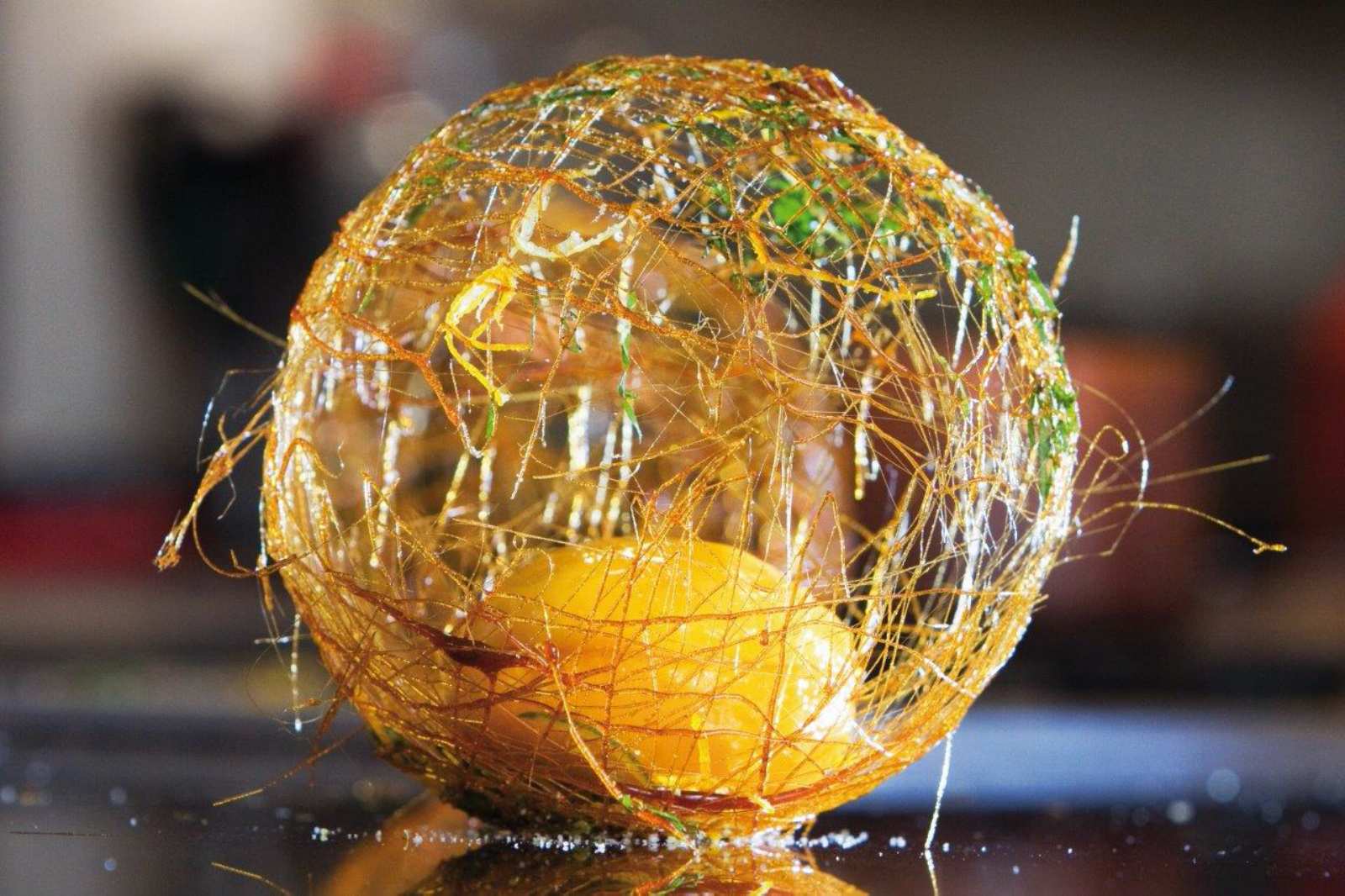
“When Raymond comes over to you with an idea, he is like a Tasmanian devil,” explains Owens. “In five minutes, he fills your head and then he goes, and you think, ‘crikey, there’s five years’ work in that’.” I find myself experiencing the same, not unpleasant sense, of having my head filled, when he describes his vision to upgrade bee housing on the estate. “It will be a bee village, instead of bee hives, there will be proper houses and the queen will have her very own castle, with a French flag to tease my British friends,” he says puckishly, adding that he is writing a book on bees. Does he ever sit still? He doesn’t answer, but laughs. “All my projects are a little bit child-like; there’s a child in me that I always enjoy. It puts a smile on people’s faces.”
As we wander through the herb gardens, Owens points out a bronze sculpture of a woman. A closer look reveals it is Maman Blanc. I recall our conversation about his mother, whom he fondly referred to as “Mother Teresa on speed”. It was a particularly poignant moment for Blanc as she died in 2020, falling out of a bunk bed in the convent where she was staying. She died like she lived, he says, not wanting to disturb the nurses or put anyone else out. “She loved giving to others,” says Blanc. It is fitting that Blanc’s greatest mentor, whom he has channelled every day of his life, will be immortalised not only in this garden, but in the hearts and minds of countless others who are lucky enough to come here.

